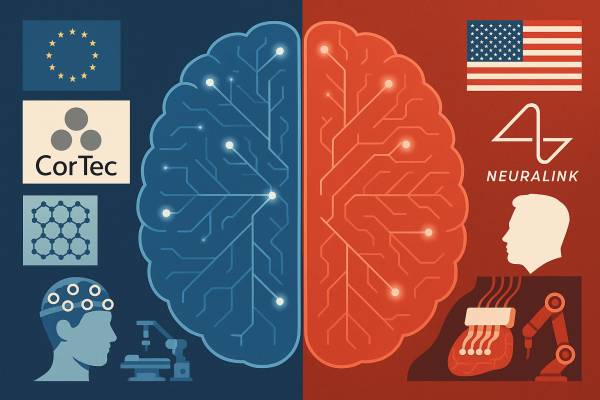Chinese-made system-on-chip (SoC) chips for vehicles are becoming increasingly prominent in the global market. While US-based NVIDIA and Qualcomm products have gained ground in mid- and high-end cars, Chinese semiconductor manufacturers are increasing their influence in the mass-market segment. They no longer stand out only for their cost-effectiveness, but are also outperforming their competitors in terms of performance.
This trend is accelerating the international expansion of Chinese automotive semiconductor manufacturers, as European and Japanese carmakers are considering incorporating these chips into their models sold on the global market. A spectacular demonstration of this competition was the Shanghai Auto Show, one of the largest automotive exhibitions held between late April and early May 2025, where leading Chinese semiconductor manufacturers showcased their latest technology in the same space as car makers, while exhibitors unveiled new models.


























